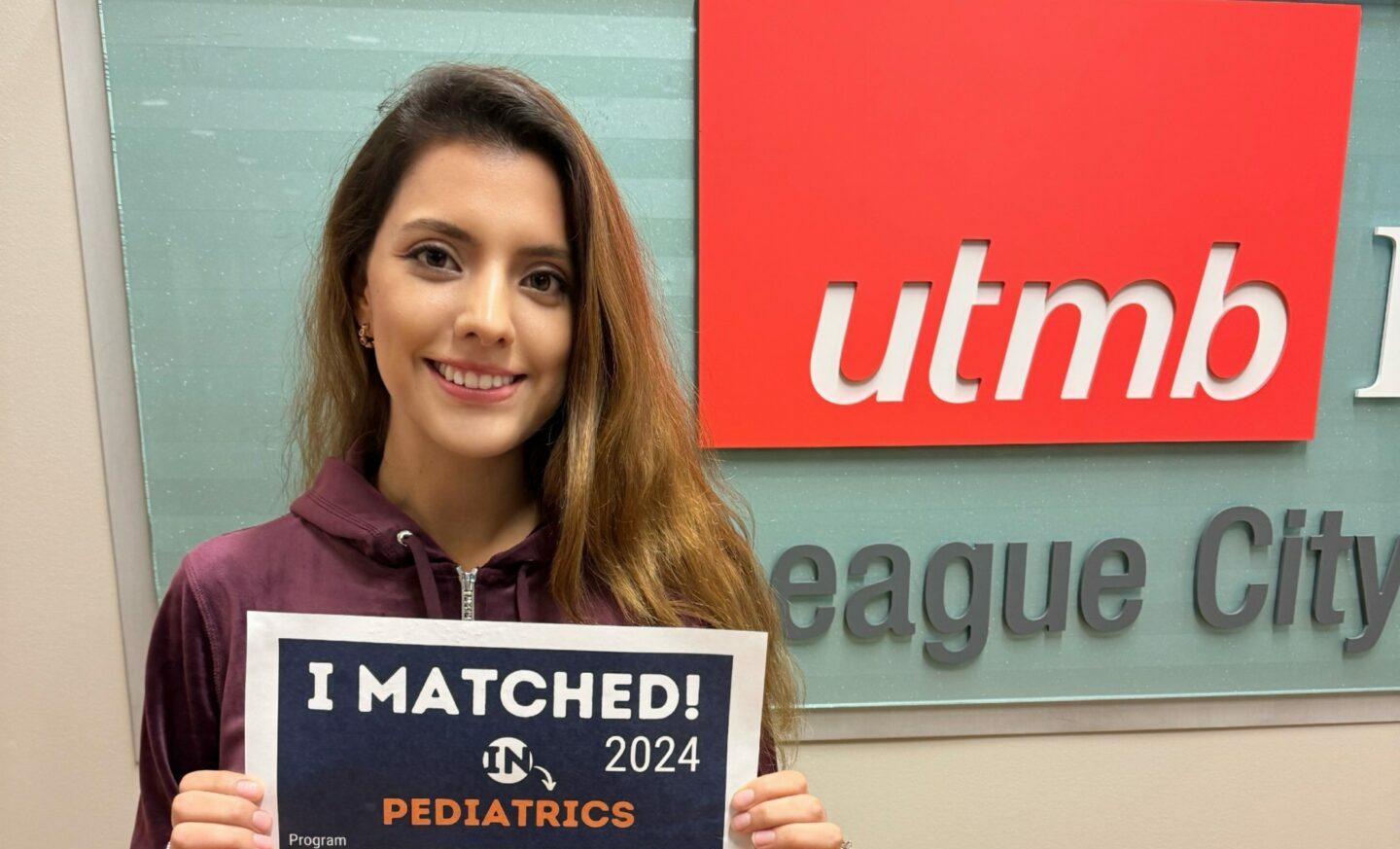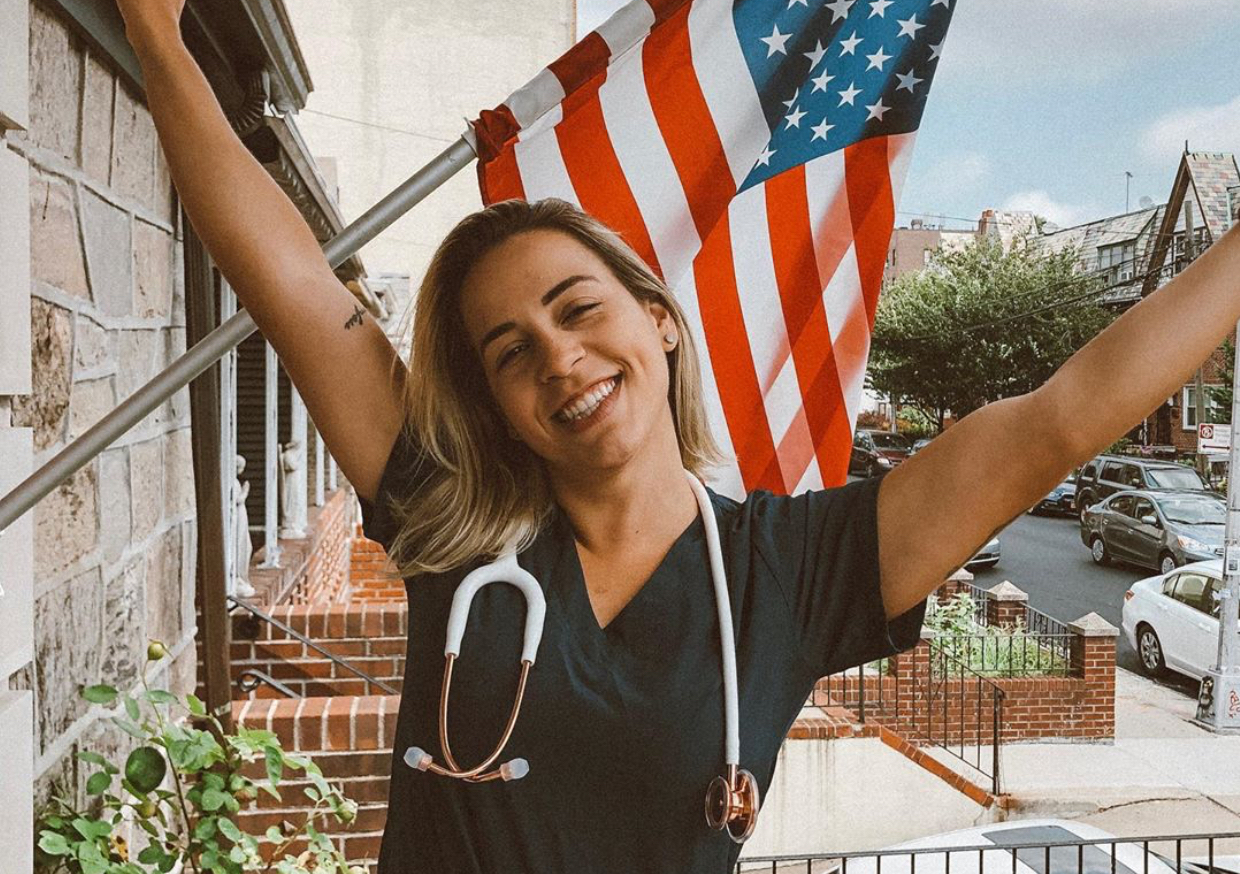What Are Letters of Recommendation?
A letter of recommendation (LoR) is a document, generally written on official letterhead, that provides insight on an applicant’s character, experience, and skills from the perspective of someone other than the applicant. The individual writing the letter should be someone with a professional, rather than personal, relationship with the individual they are writing about.
Why Are Letters of Recommendation Important?
For those applying to residency in the U.S. or Europe, an LoR can help meet application requirements. To apply for residency in the U.S., an international medical graduate must provide three LoRs. Letters that have the most weight come from practicing U.S. physicians.
For those pursuing a medical career in their home country or who are in the early years of their medical education, such LoRs can be used when applying to jobs in the future and can boost your resume.
How do I Get a Strong Letter of Recommendation?
Clinical experiences provide you the opportunity to practice your medical English, test your clinical knowledge, and brush up on clinical skills. They also offer you the perfect opportunity to obtain a letter of recommendation.
To help you have the best chance of obtaining an LoR that can make waves in your career, we have put together some key takeaways regarding these essential documents.
-
Be selective with your rotation
If you are applying to residency in the U.S. and know the medical specialty you would like to pursue, it is best if your clinical experience and LoR have connections to this specialty. Having an LoR in the specialty you are applying for residency can demonstrate that you have a serious interest in the field.
If you are unsure of the specialty you will apply to, or you are choosing to apply to residency programs in more than one specialty, it is best if you have the writer of your LoR keep things general. This doesn’t mean they can’t include specialty-specific skills you picked up, or write about experiences you had during your rotation. It simply means they should avoid specifying what medical specialty you are most interested in for residency.
-
Stay engaged during your rotation
Letters of recommendation are never guaranteed as they are based on merit. That said, if you show up to your clinical experience on time each day, interested in learning, and show respect for the medical professionals you come in contact with, most physicians will be happy to write an LoR for you.
During an AMO clinical experience, you have four weeks to make an impression on your supervising physician. How you act, what you do, and the things you say can all have an impact on what the physician chooses to include in the letter. To show your interest in the field of medicine, take advantage of opportunities to learn. If there are supplemental lectures or research opportunities, take them.
-
Connect with your physician
As mentioned above, you only have a short time to get to know your physician. Building a relationship with them early on can give you the best chance at receiving an LoR that can help you stand out from other applicants.
Your physician is there to help you learn. Asking them questions can allow you to grow your medical knowledge and create rapport. All your conversations don’t have to be about medicine, though. Many visitors connect with their supervising physicians by asking for recommendations on what to do outside of rotation hours. Your physician probably has a good idea of the best restaurants, things to do, and places to visit in the area.
-
Educate the writer about your goals
Help your supervising physician understand your career trajectory by discussing your passion for medicine and how it has developed over time. Be sure to share what your future career goals are and how your past, current, and planned experiences might help you get there.
Providing your physician a copy of your CV or resume can help them get a complete view of your education, interests, and experiences.
-
Vocalize your expectations
When requesting your letter of recommendation, be sure to explain to your physician why you need this document. Work with them to choose a date by which you can expect it by and how you will receive it. Most physicians are busy, so be sure to request the letter well before you need it.
-
Understand what LoR parts are important
There are many misconceptions about LoRs for medical residency applications. Many students believe that the letterhead it is written on is the most critical factor of the document. This is simply not the case. What matters most is the content of the letter and the writer’s academic and professional affiliations.
-
Waiving your rights to view the letter
When it comes to uploading your letter of recommendation, you have two options. You can view the letter and upload it to ERAS yourself or, the individual writing it can upload it through the AAMC’s LoR portal your behalf. The second option means you are waiving the right to view the letter. Most applicants waive their right to view the letter. Doing so implies that the content is authentic.
For even more information on these important documents, watch the following videos. If you’re ready to secure a rotation and earn a letter of recommendation, please create an account and apply for a clinical experience.







Leave A Comment